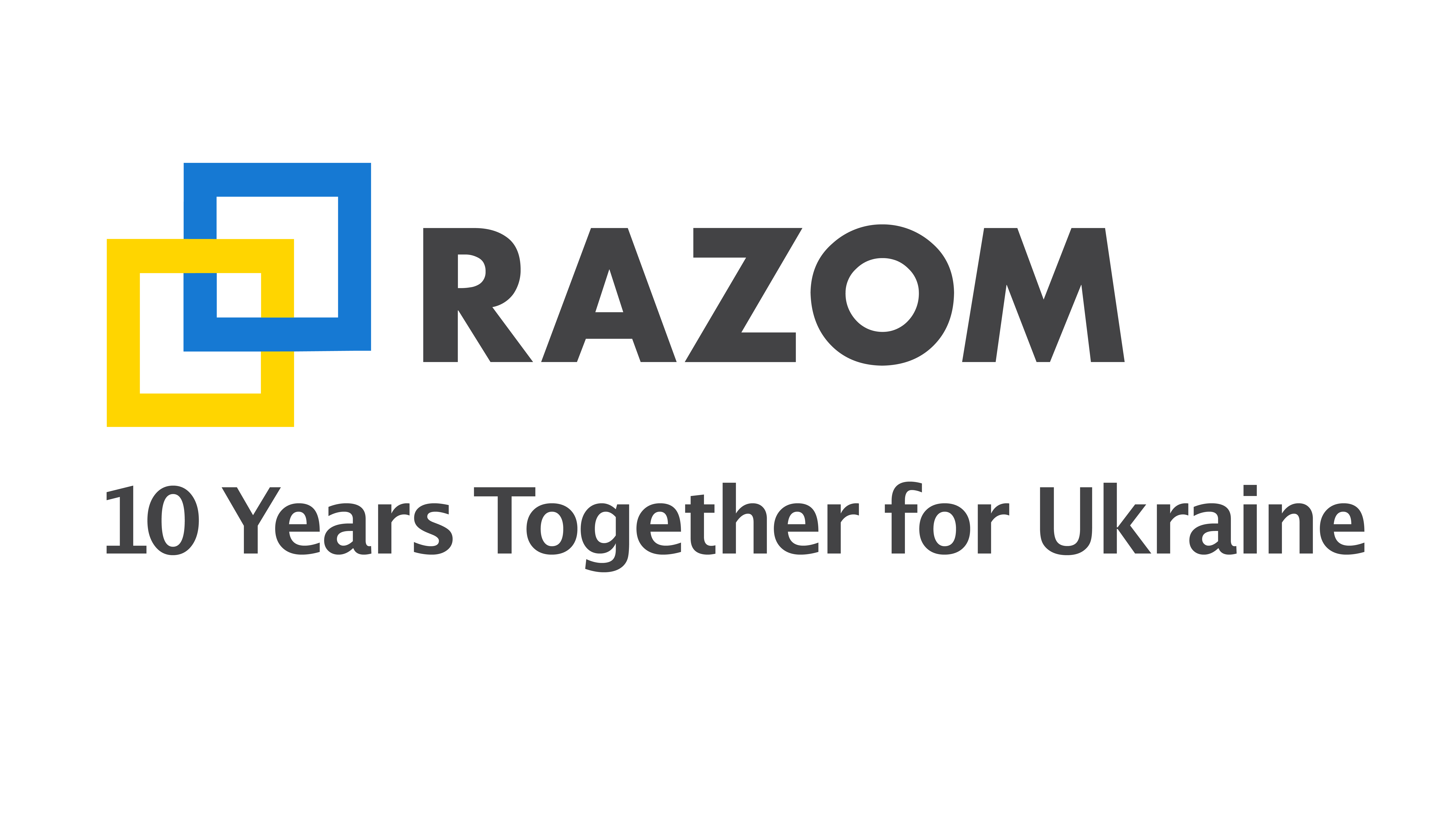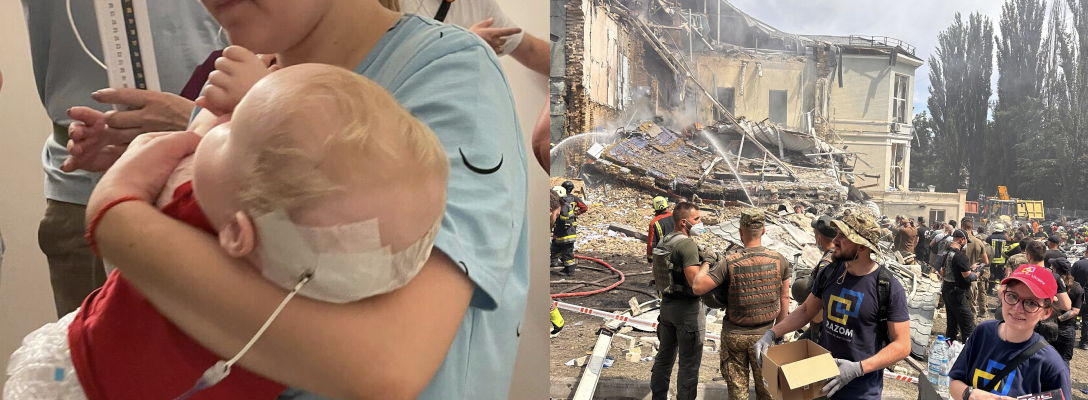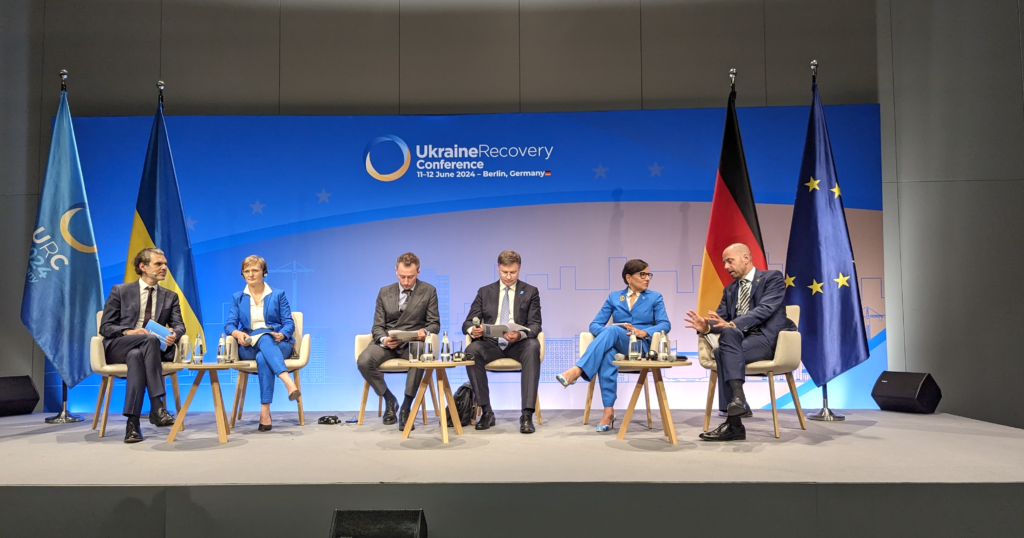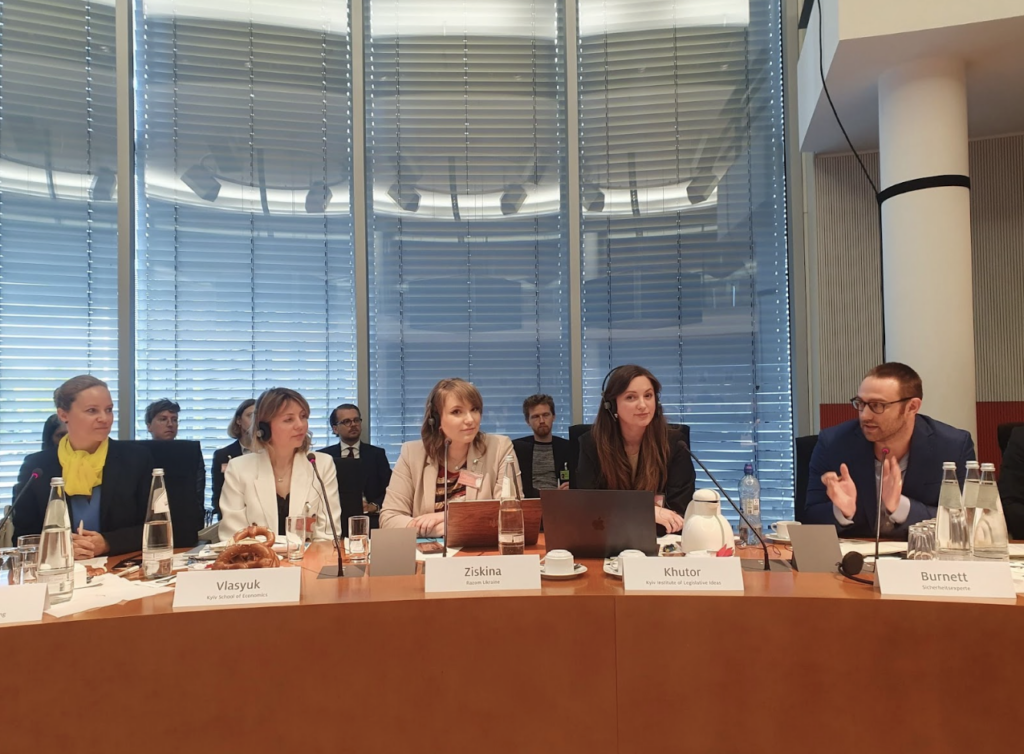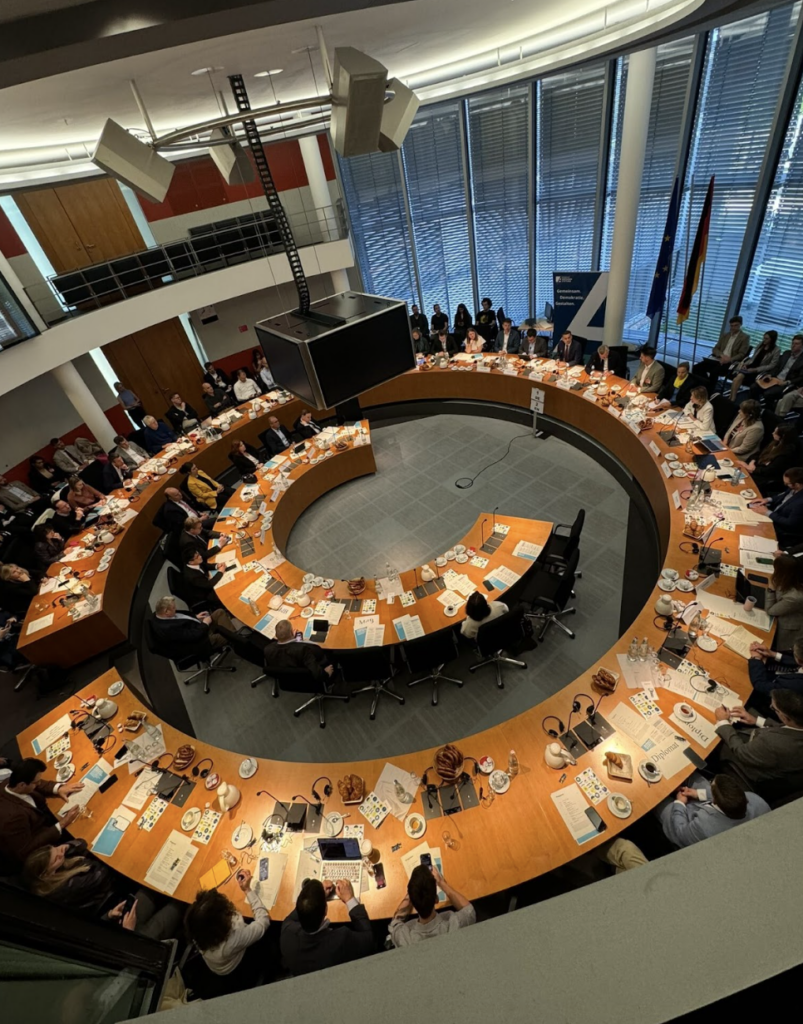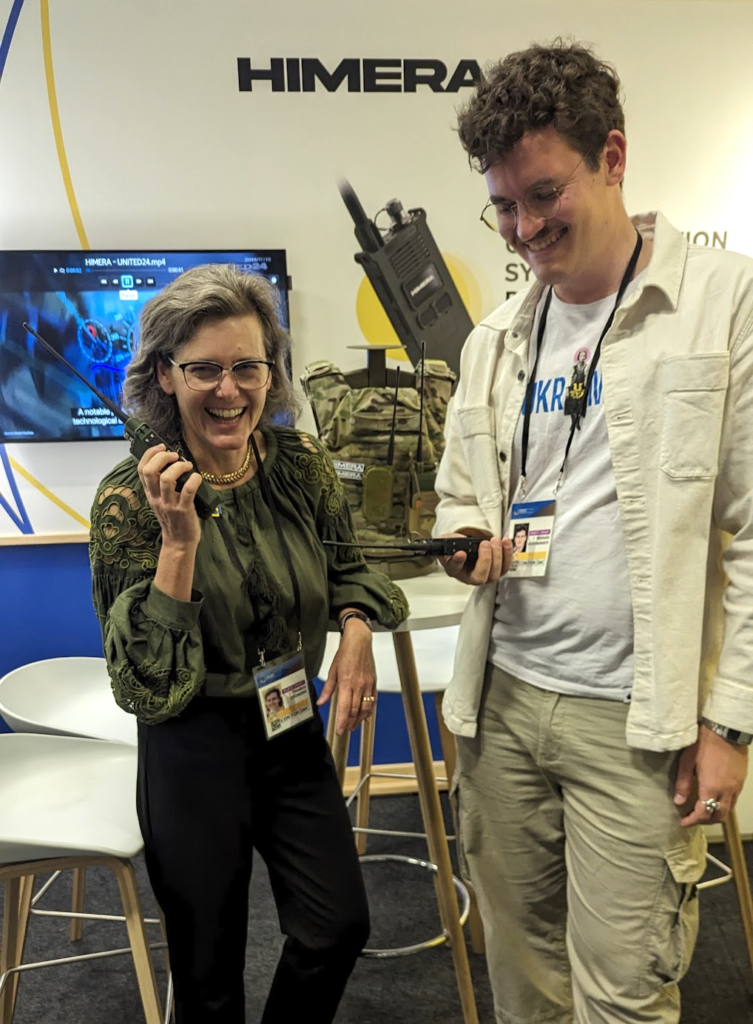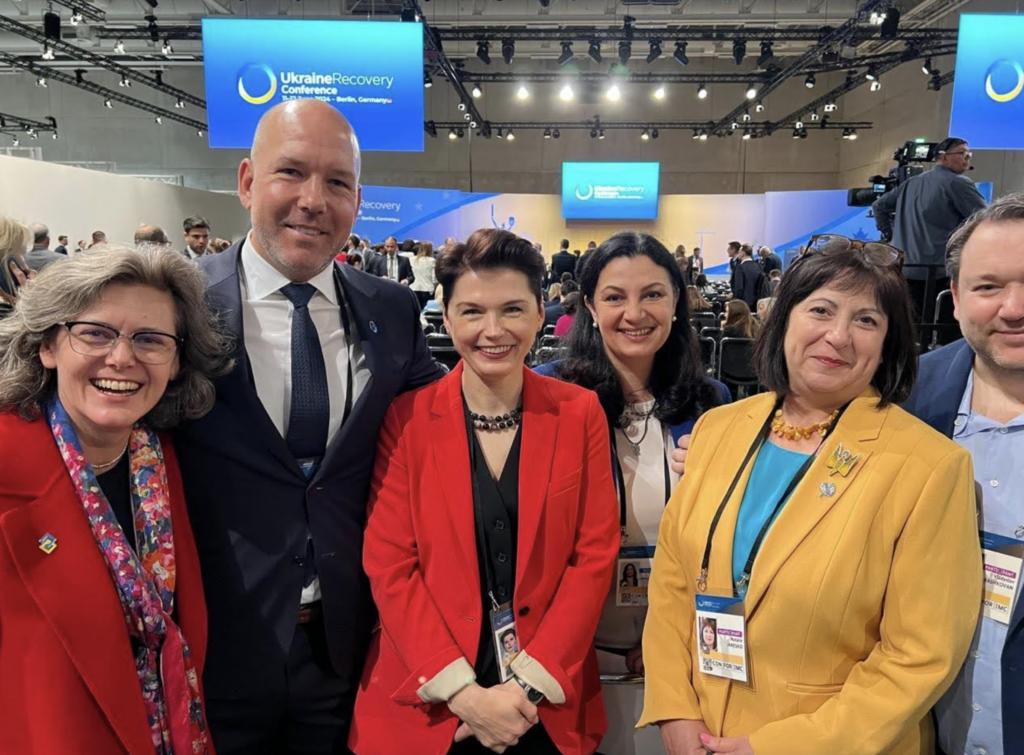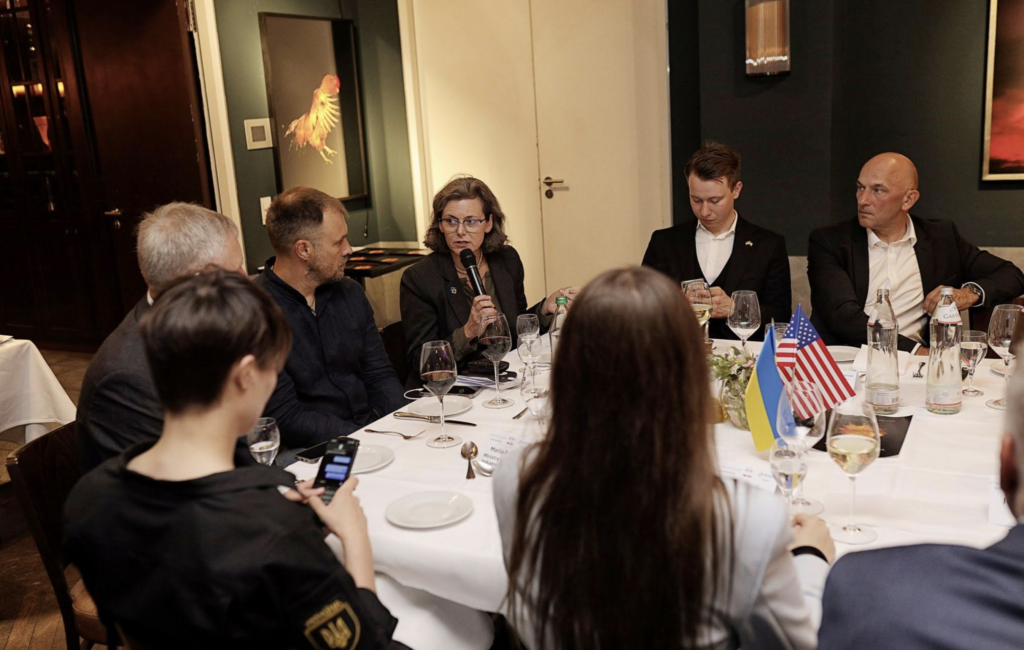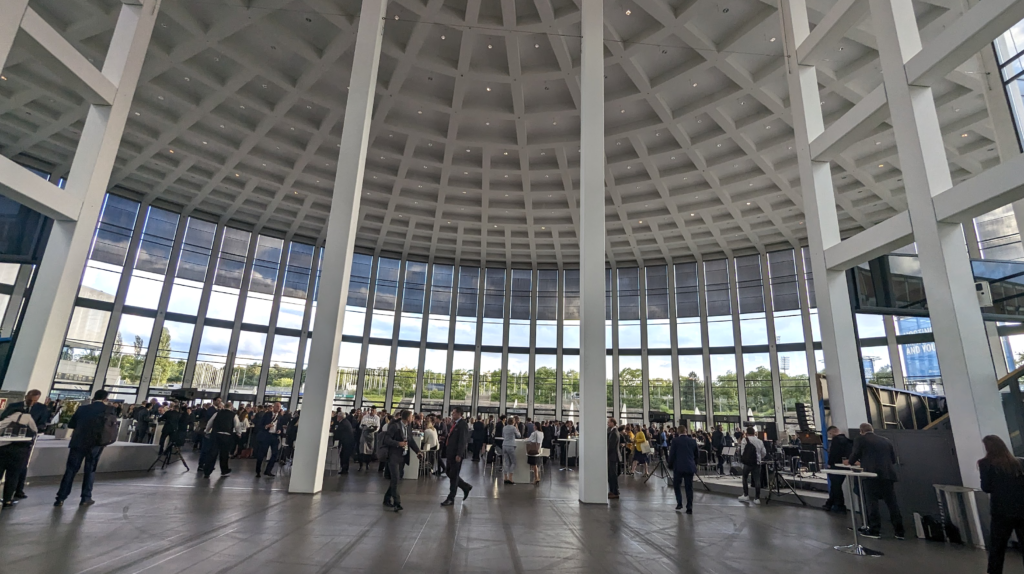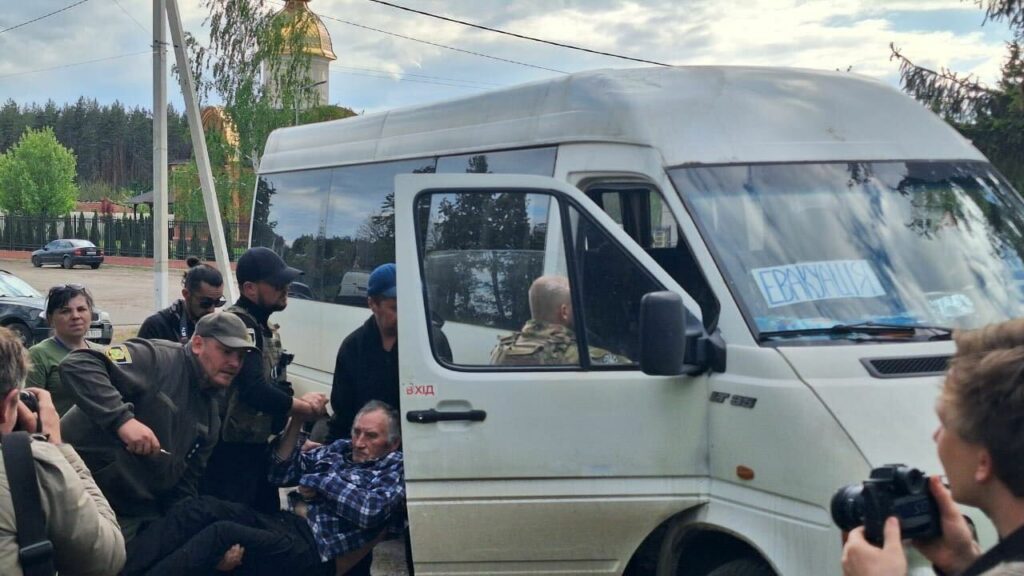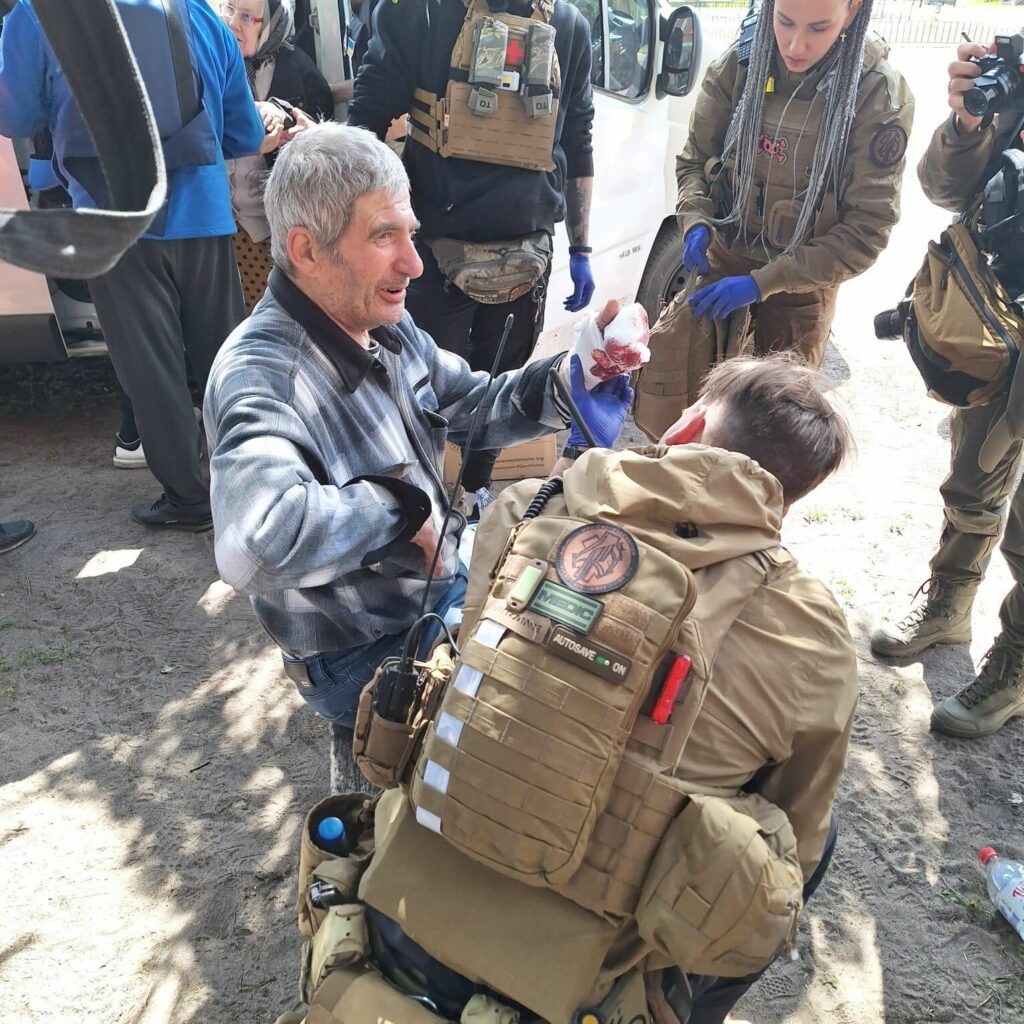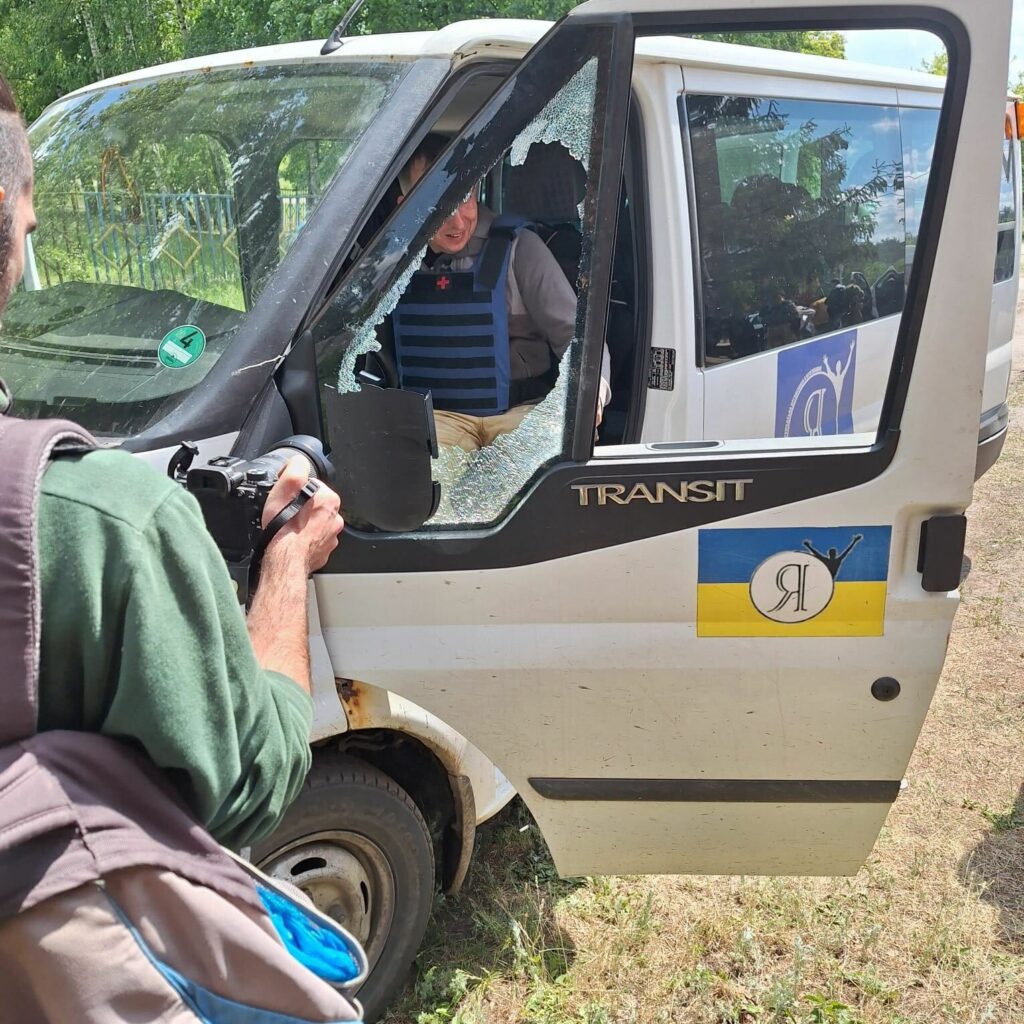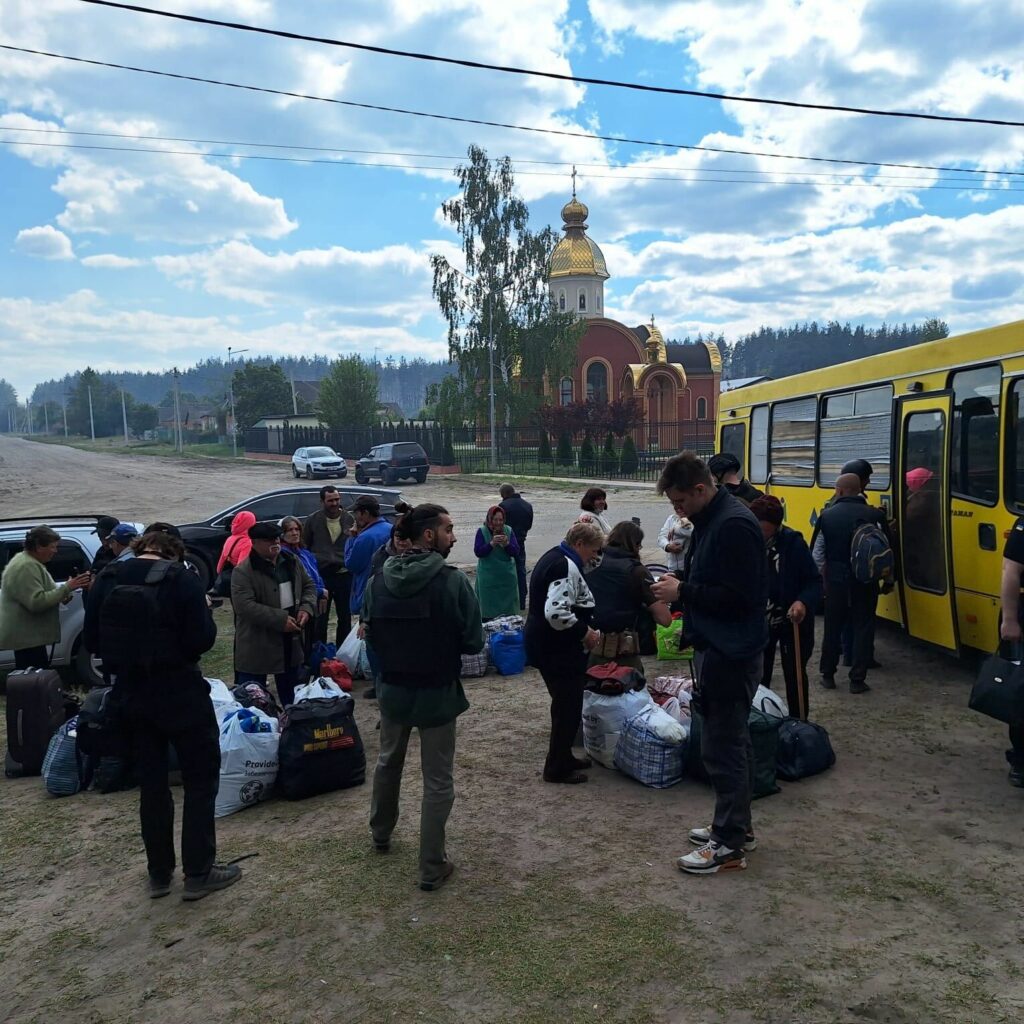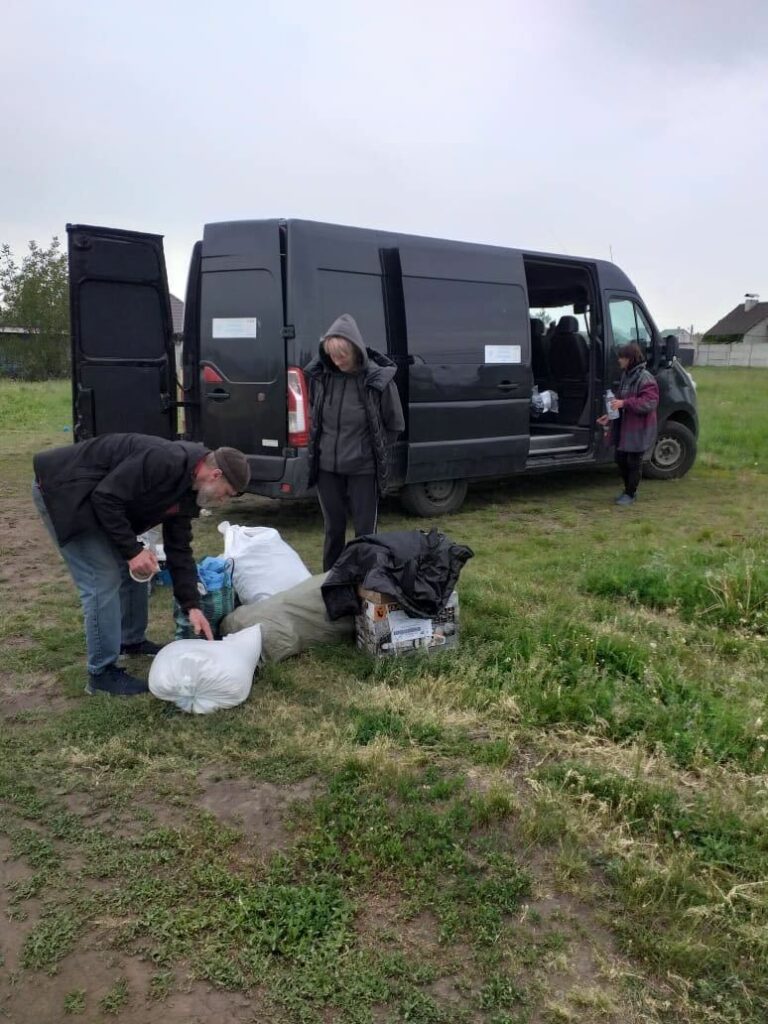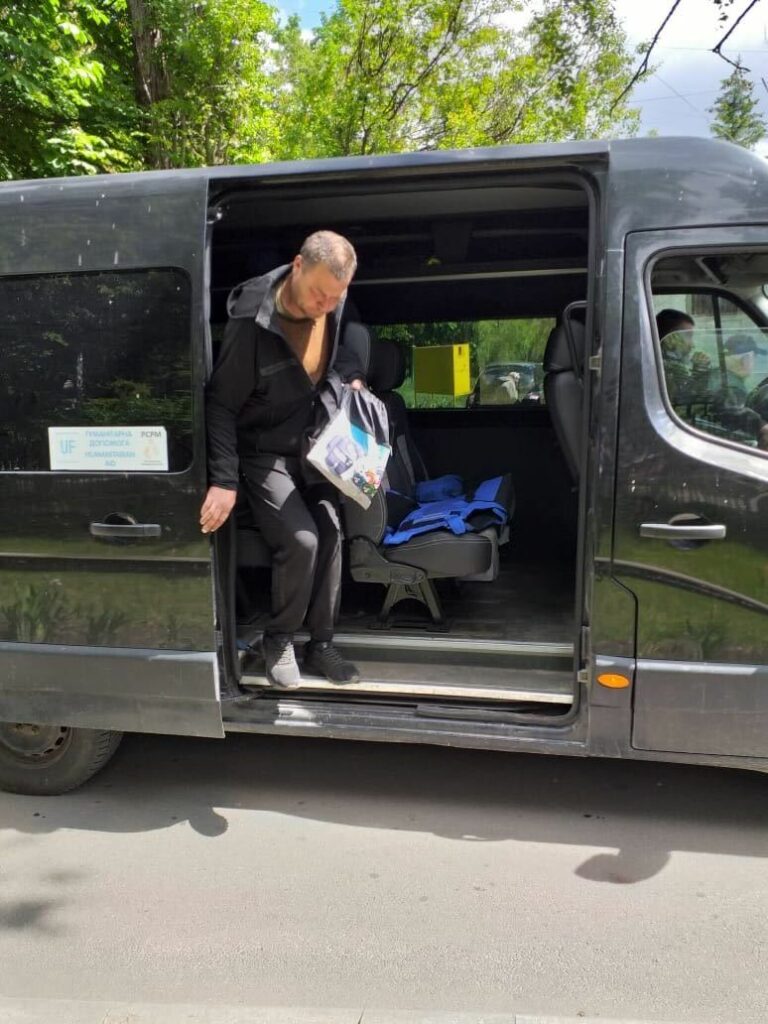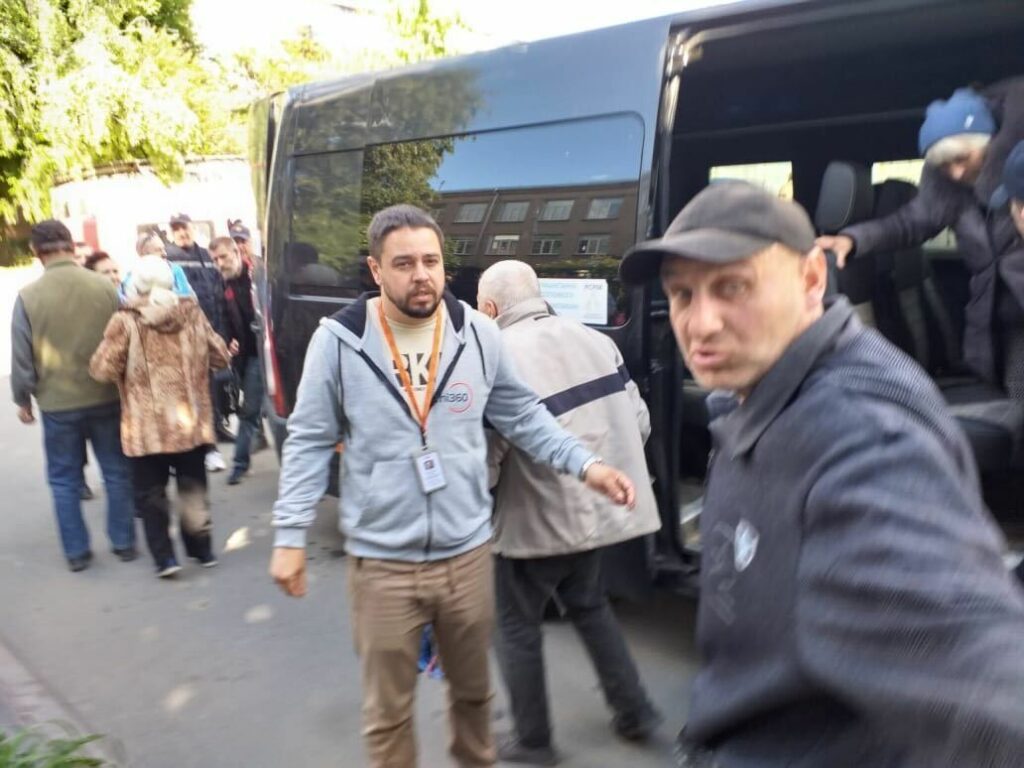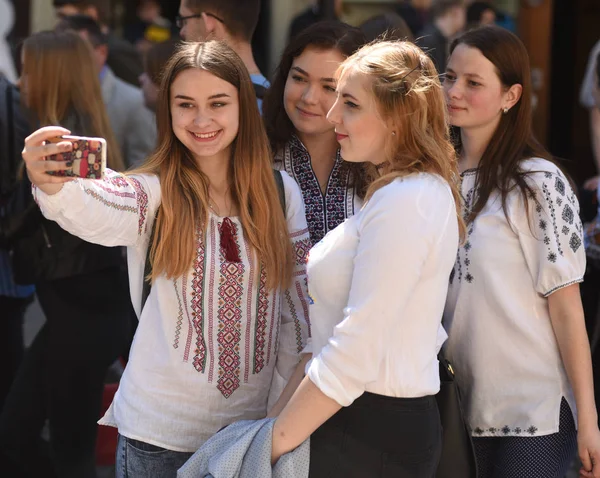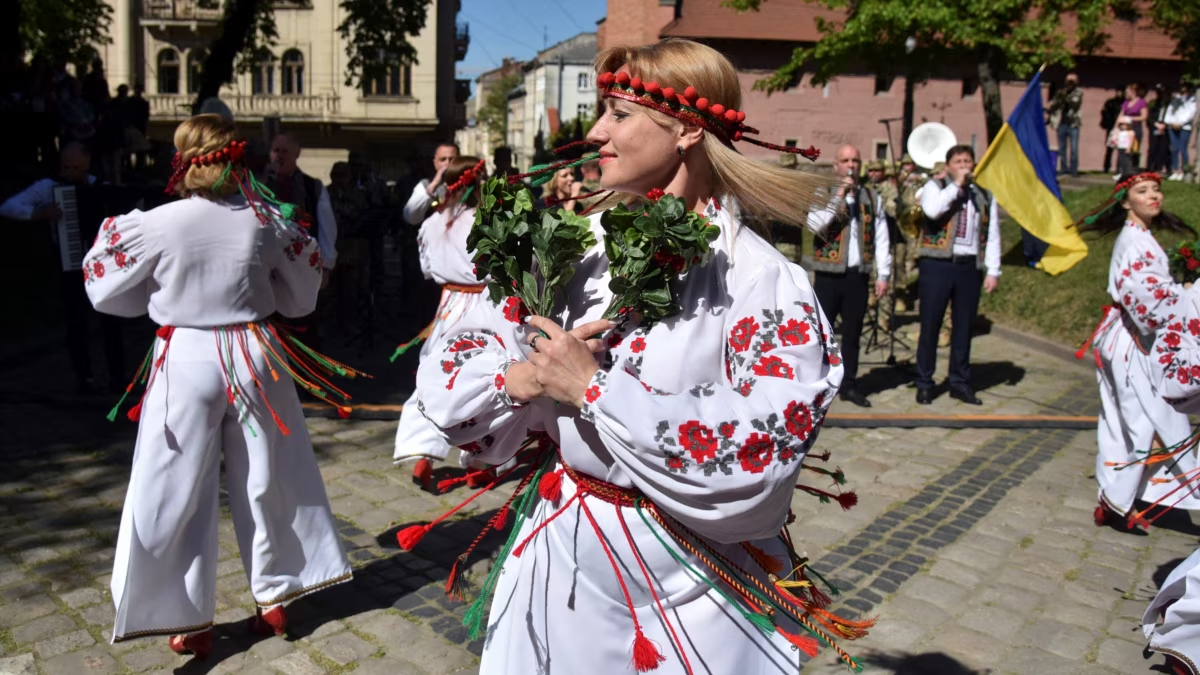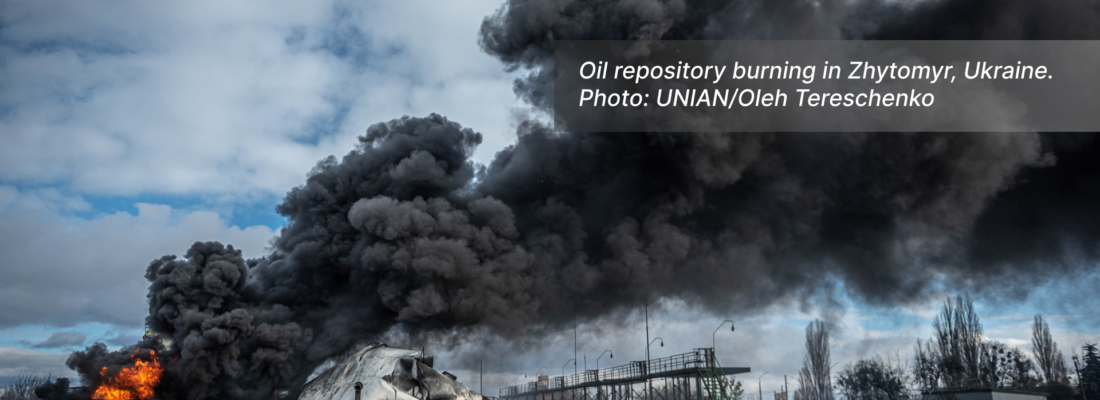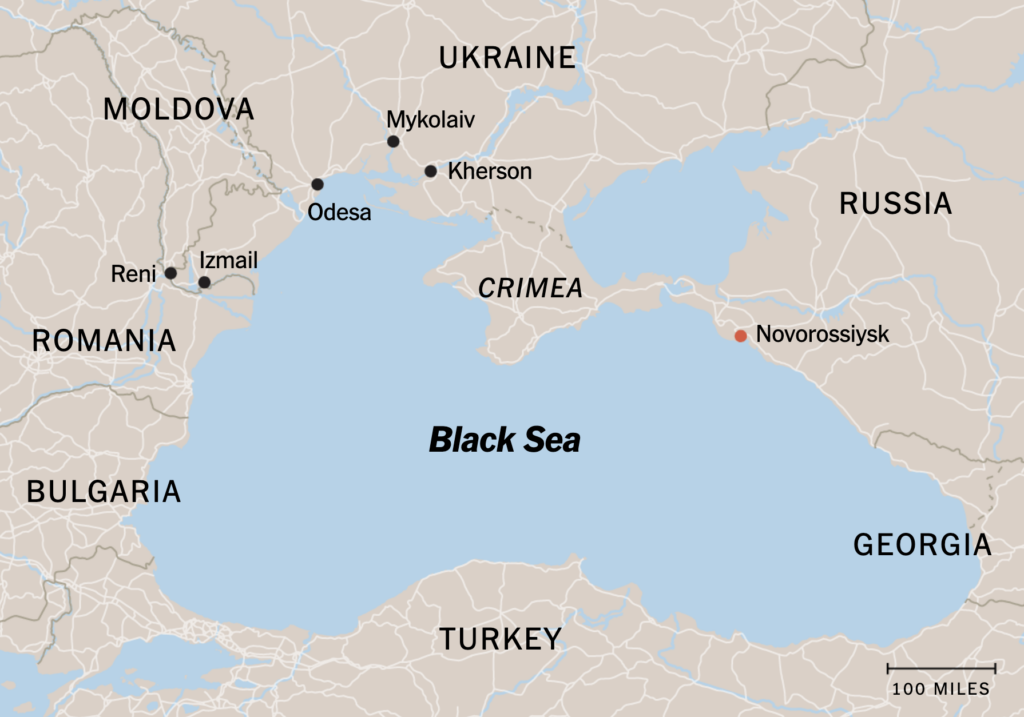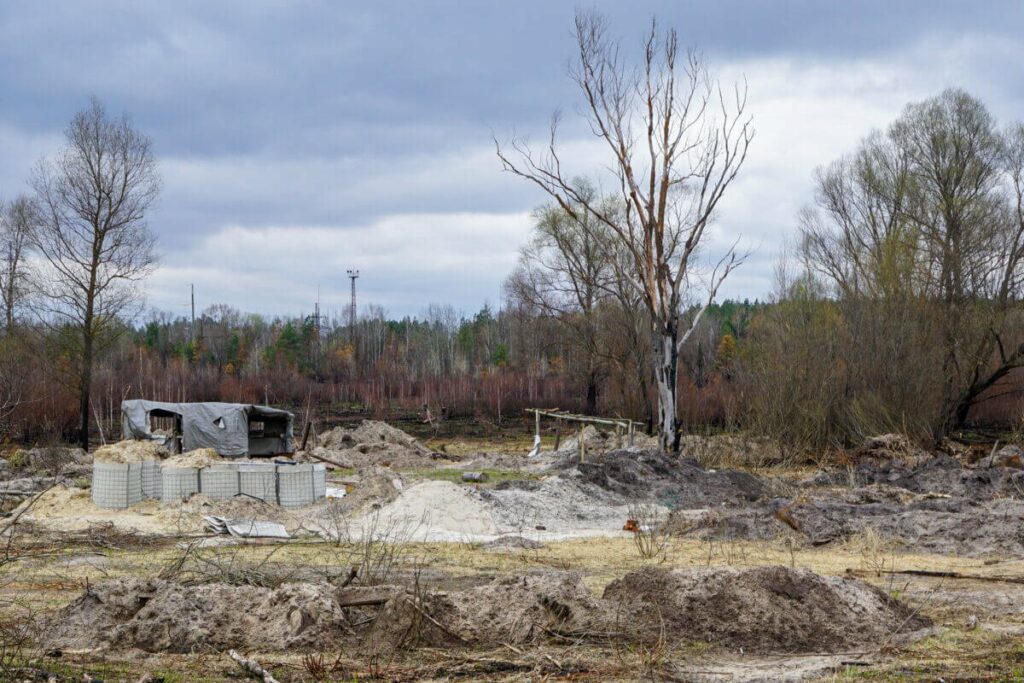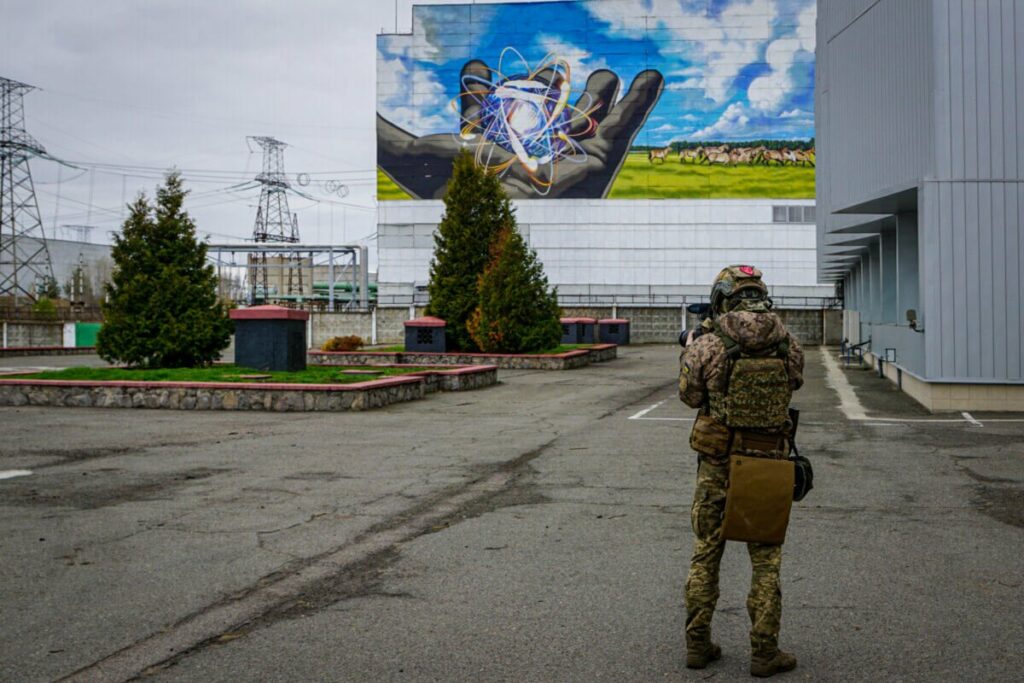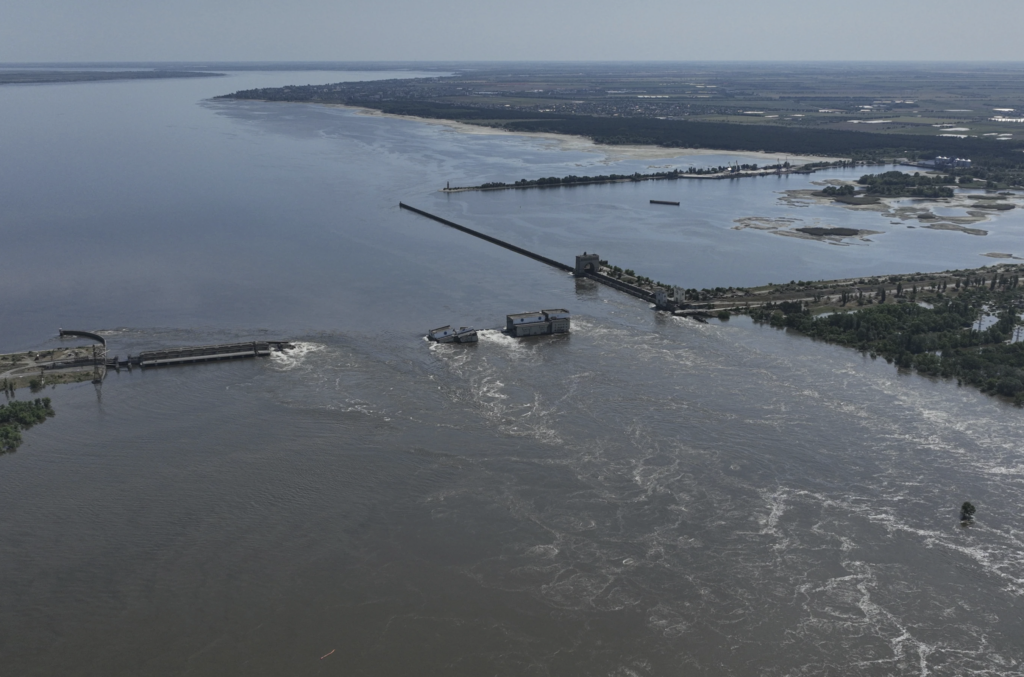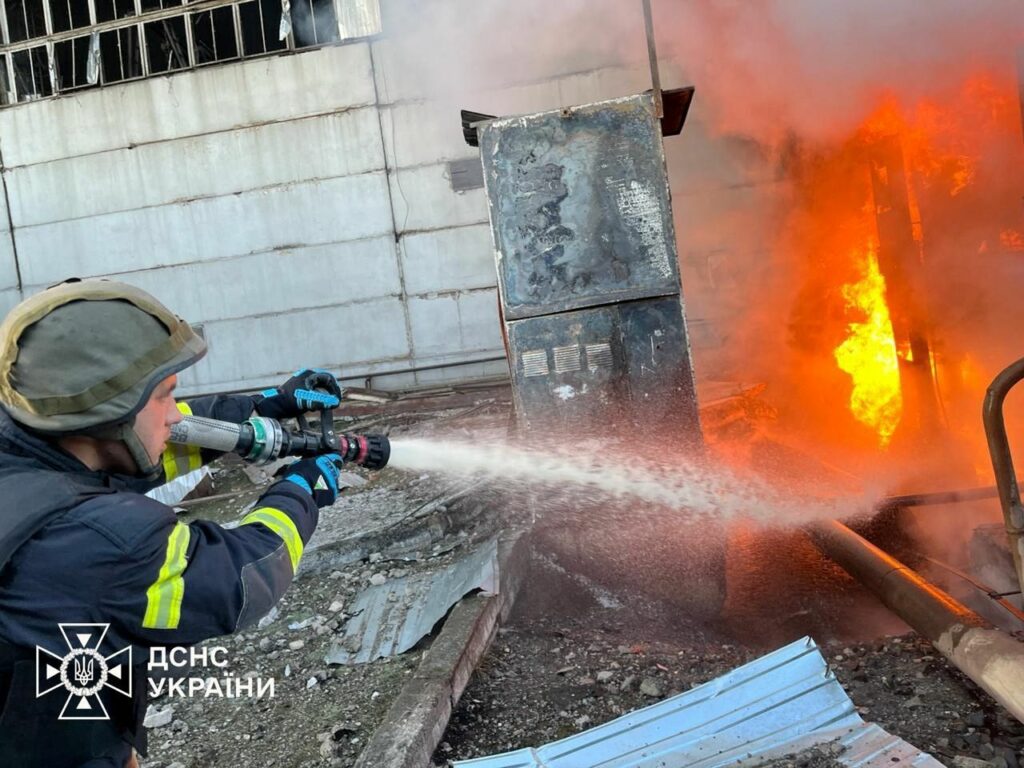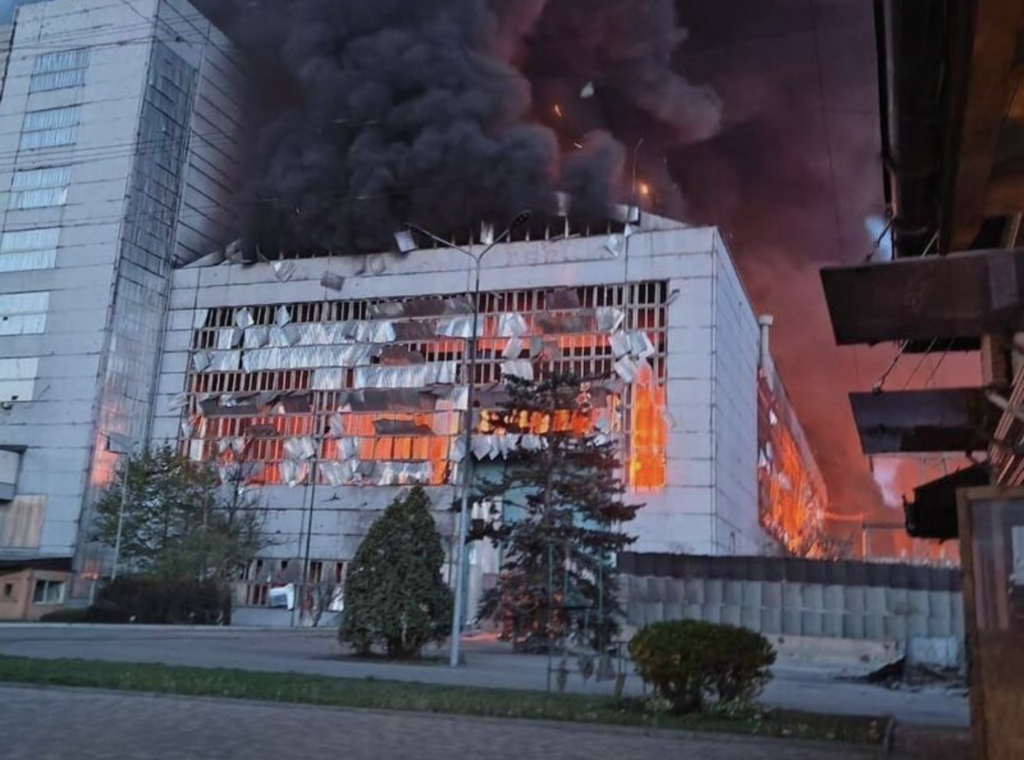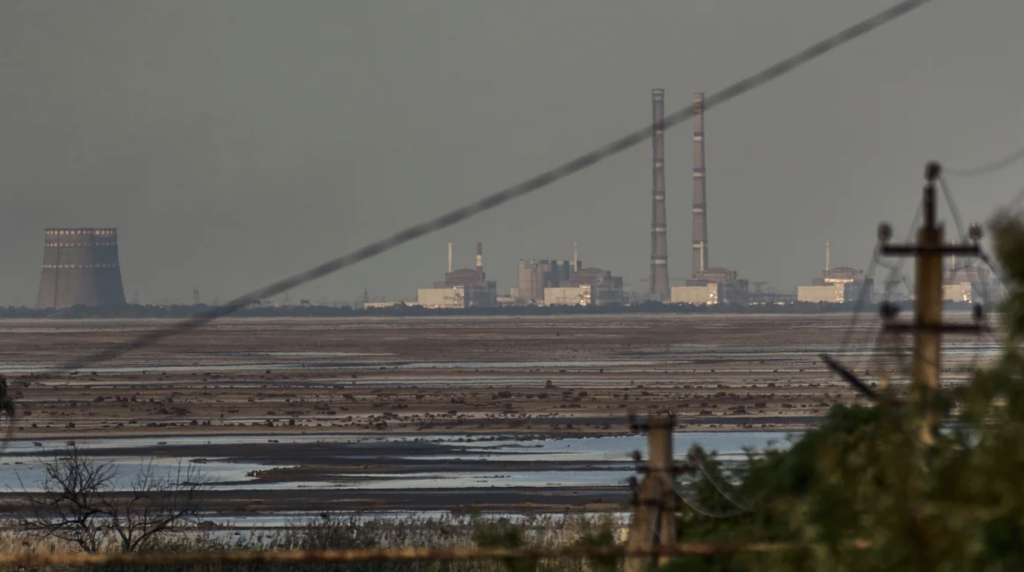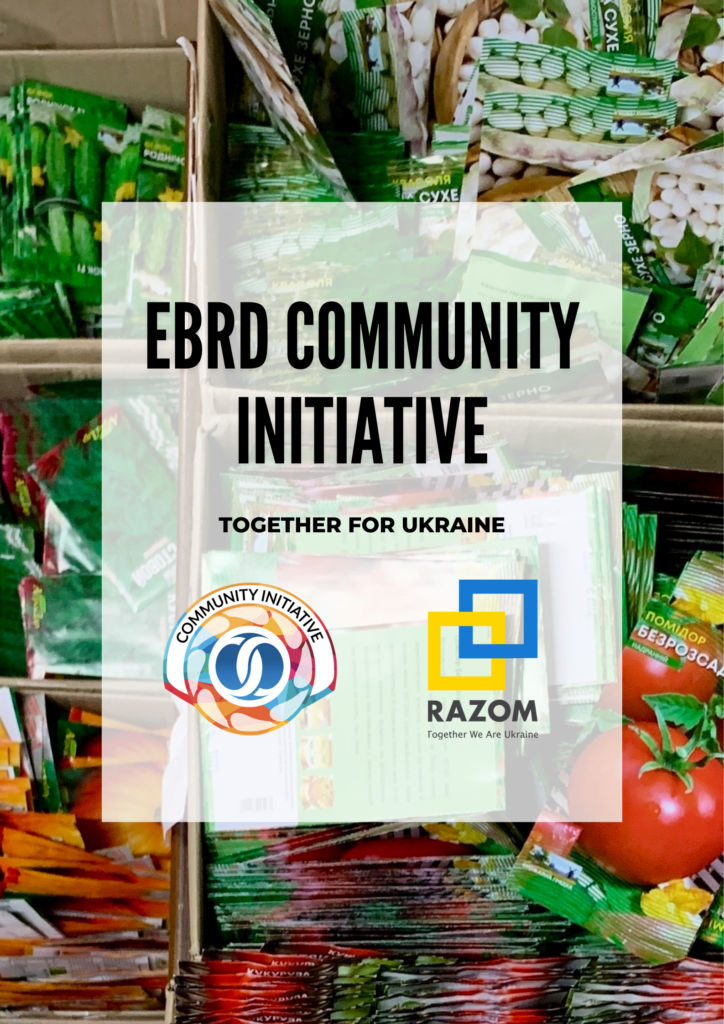On July 8, 2024, a day that will forever be etched in our hearts, the world witnessed the incomprehensible destruction caused by a massive Russian bombing campaign that targeted civilian areas in Ukraine, including a major cancer center, Kyiv’s Okhmatdyt Children’s Hospital. The stories of the brave medical professionals and the innocent children affected by this heinous attack, paint a vivid picture of the resilience and determination of the Ukrainian people.
Mariyana Morozova: A Day of Unimaginable Horror
Dr. Mariyana Morozova, a pediatric anesthesiologist at Okhmatdyt and expert in Razom’s Breathe initiative, shared her harrowing experience. She splits her time between a private clinic and Okhmatdyt, located just across the street from each other. On that fateful day, Dr. Morozova was working at the private clinic when the air raid sirens blared and explosions shook the ground.
“I tried to contact my colleagues at Okhmatdyt, but there was no response. I ran over there, and it was just a disaster! There were so many wounded,” she recalled. The intensive care unit’s lab technician was severely injured, suffering from a concussion, a jaw fracture, and bleeding. With the help of the entire community, they evacuated the most critical patients, including those in the neonatal ICU (Intensive Care Unit), neuro ICU, and surgical ICU. Dr. Morozova’s department was among the most severely damaged, and she tragically lost a dear friend and colleague, Dr. Svitlana Luk’yachuk. Miraculously, all the children survived, but the emotional scars will remain forever.
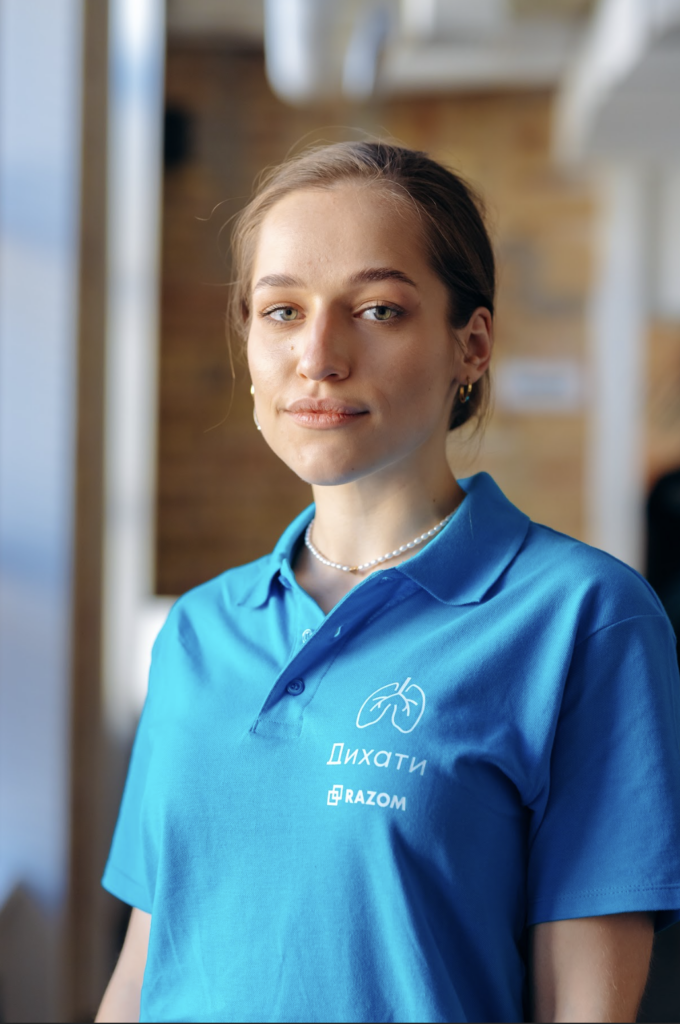
Alyona Bezlehka: First Day Back Turns into a Nightmare
For rehabilitation specialist Alyona Bezlehka, it was her first day back at work after a vacation. She had been eagerly anticipating reuniting with her patients. As the explosions began, she quickly led her patients to the corridor and then to the bomb shelter. Returning to her department on the 5th floor, she encountered her colleague, covered in blood and holding a child they couldn’t evacuate in time.
“The floor was covered in blood and dust. I am not a surgeon, but I saw bandages and started applying them to stop the bleeding,” she recounted. Among the chaos, one boy’s cries for his grandmother haunted her. He was in shock, shivering, and vomiting, with his hand covered in blood. The sight of injured children, medical staff on stretchers, and parents with bandaged heads was overwhelming. Her department was almost completely destroyed, with windows blown out and the ceiling collapsed. Despite the devastation, the motivation to help and the outpouring of support from the community kept her going.

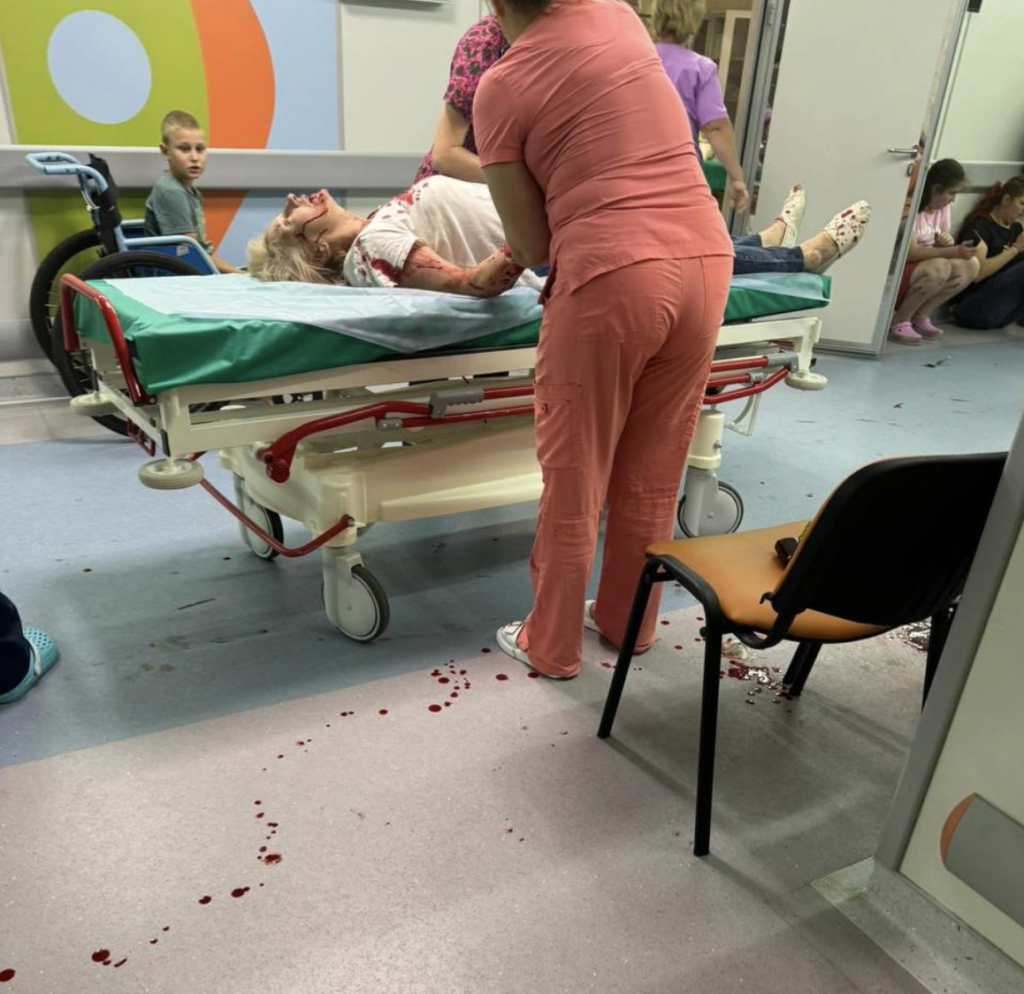
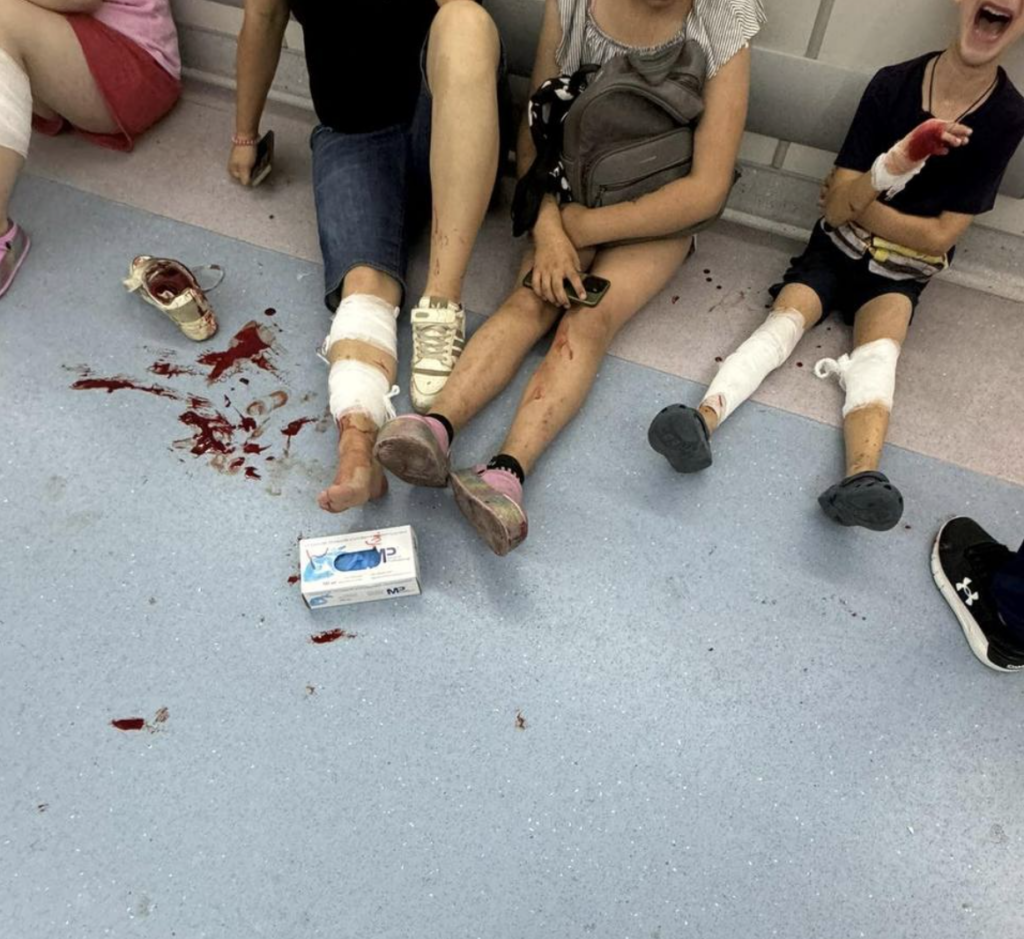
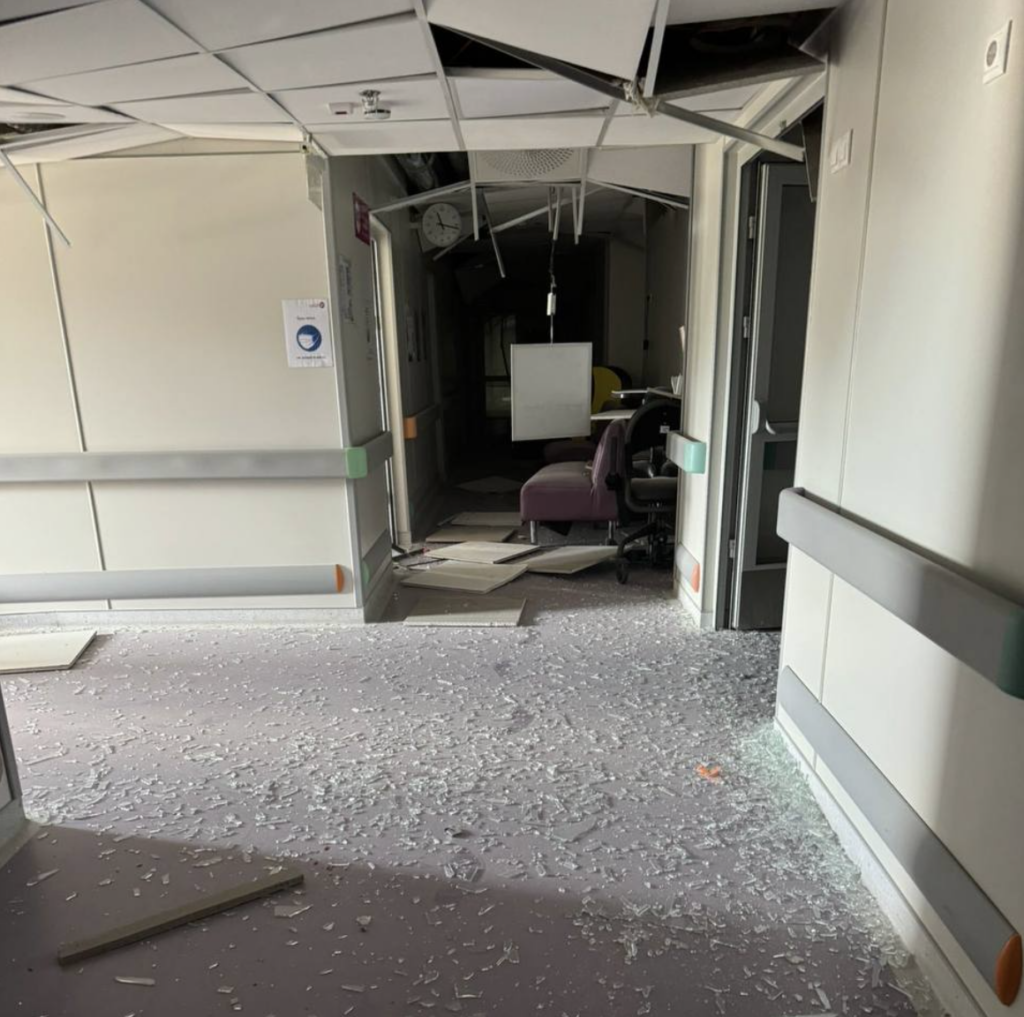
Valeriy Bovkun: Narrow Escape from Death
Valeriy Bovkun, head of the Department of Reconstructive-Plastic Microsurgery at Okhmatdyt, was organizing the evacuation of patients when the explosion occurred. “I was in my office when the sirens started, and then went out to check if the patients were moving to safe places. Moments later, the explosion occurred. My office was critically damaged: the blast wave tore out the window and threw it right onto my workspace,” he recounted. If he had stayed a moment longer, he would likely have been buried under the rubble. Thanks to the timely evacuation, most patients were unharmed, but five staff members were injured by glass shards.
Despite being in a state of shock, Valeriy and his colleagues immediately began providing first aid to the injured. “We applied bandages and sutures, examined the children, and did everything we could to help,” he said.
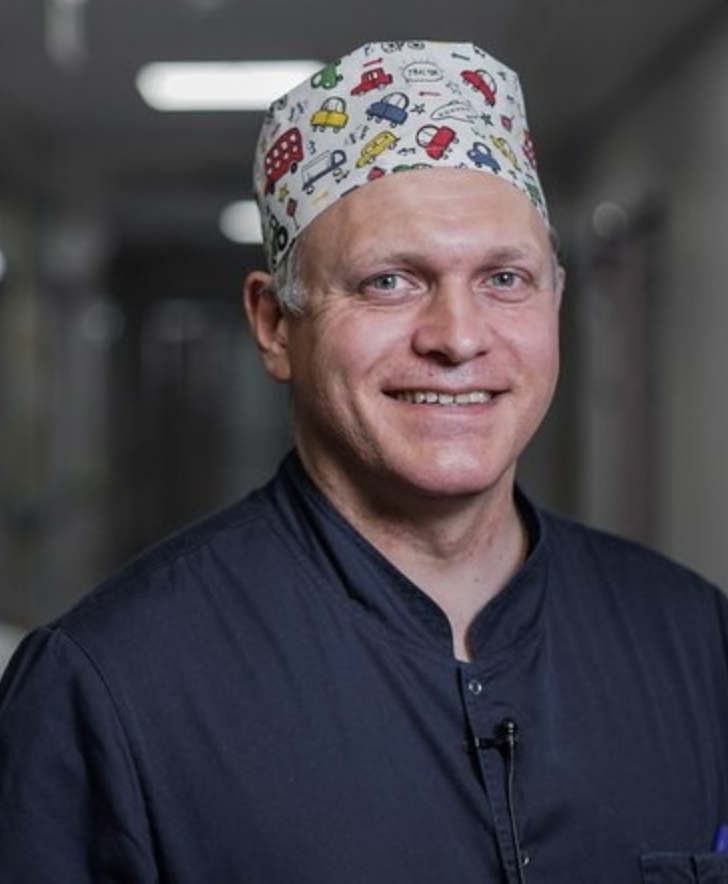
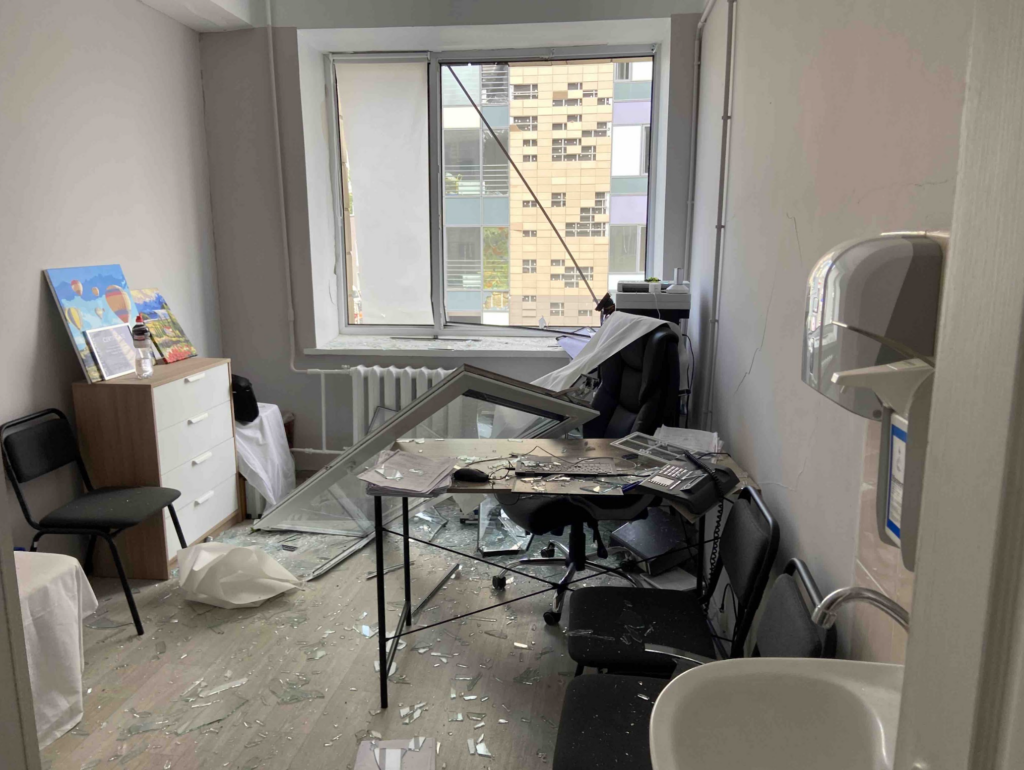
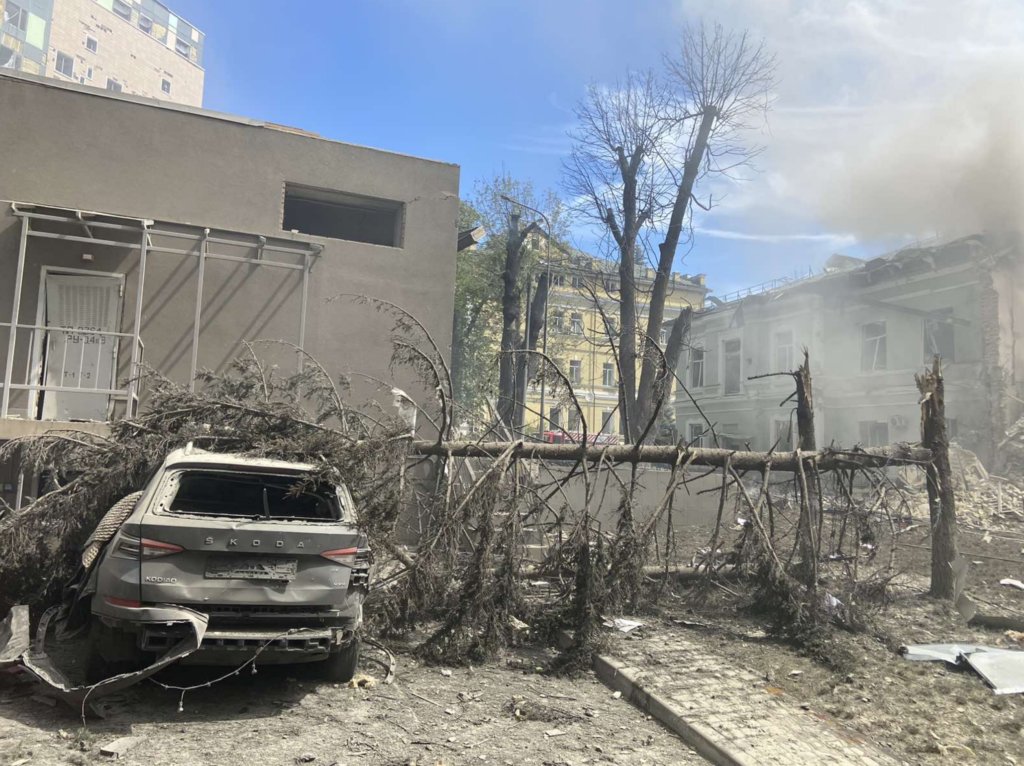
Roman Shevchenko: From Routine to Ruin
Roman Shevchenko, head of the Children’s Sleep Laboratory at Okhmatdyt, was in the laboratory next to the building hit by the missile. “By the time the explosion happened, we had not yet managed to get to the shelter, so after the impact, glass shards flew at us. I was slightly injured, but our nurse was severely cut by glass and bleeding. We started looking for something to bandage her with, but there was nothing nearby, so we went down to the floor, and there I provided her with first aid,” he explained. Despite the devastation, most of the laboratory’s equipment remained intact and continued to function. “We had a laptop on the windowsill, it was covered with glass but still working!” Roman recounted in astonishment.
He emphasized the unexpected timing of the attack: “Russia struck right after all the morning meetings were over and all the doctors had started working. We were already used to Russia striking at night, so this attack was completely unexpected.”
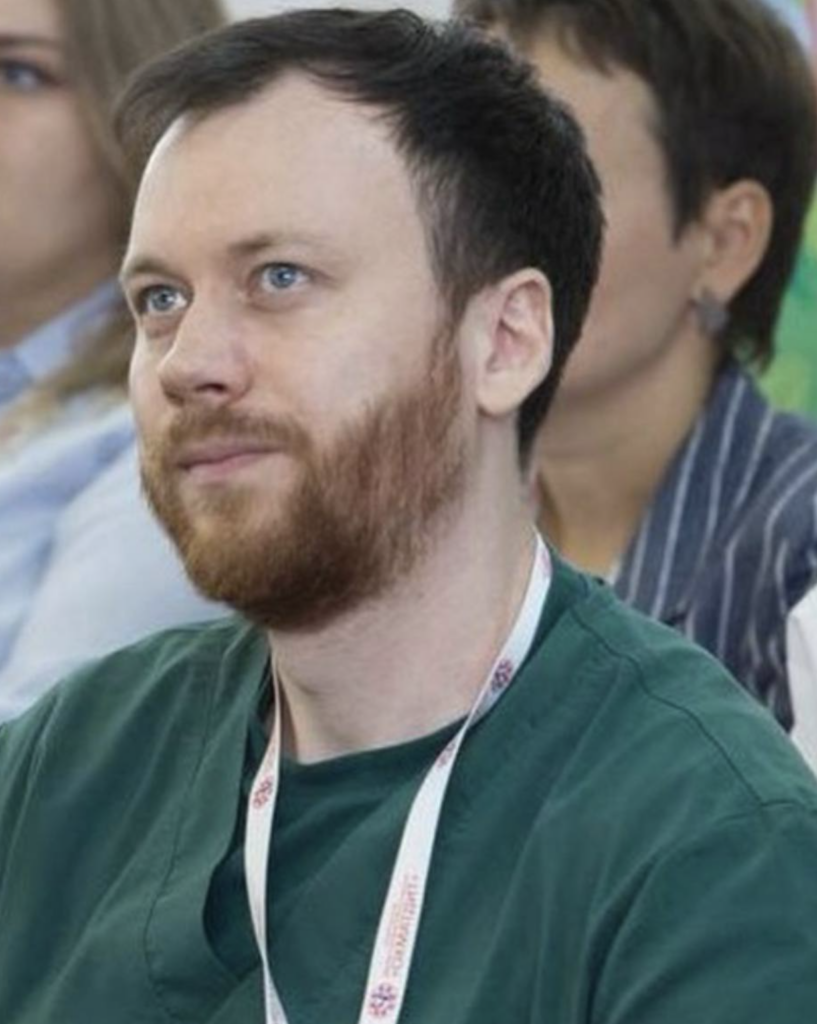
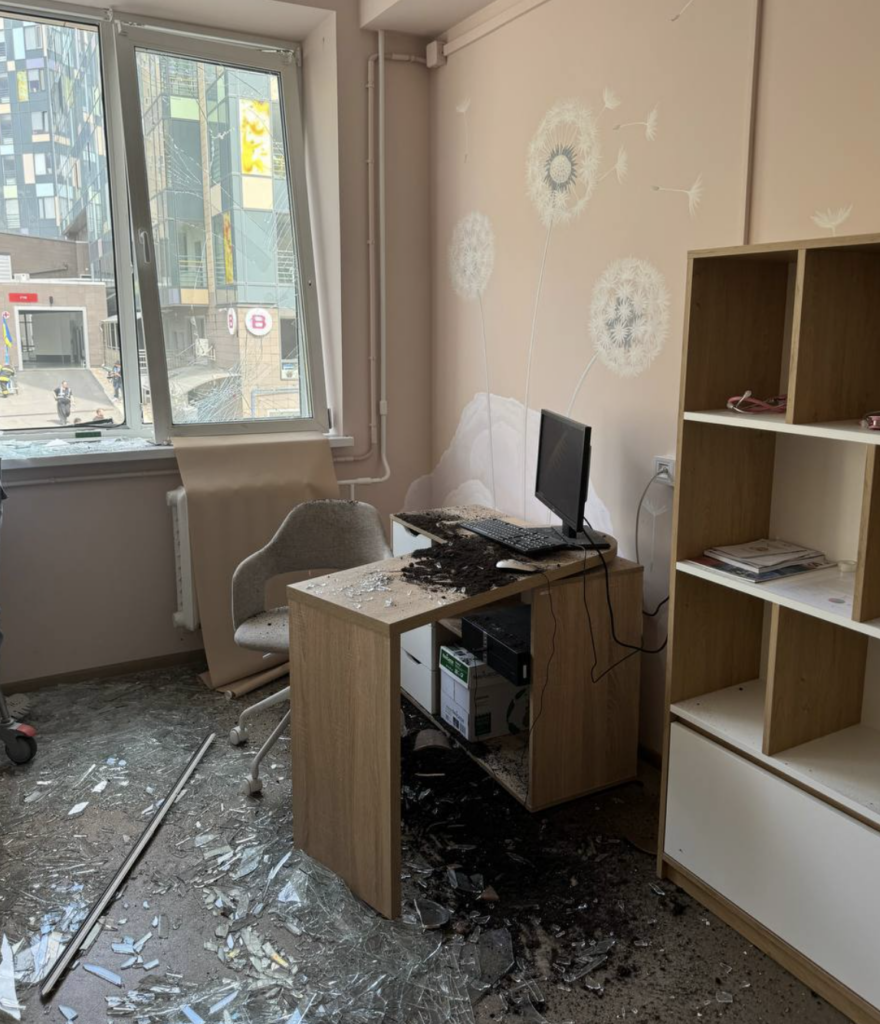
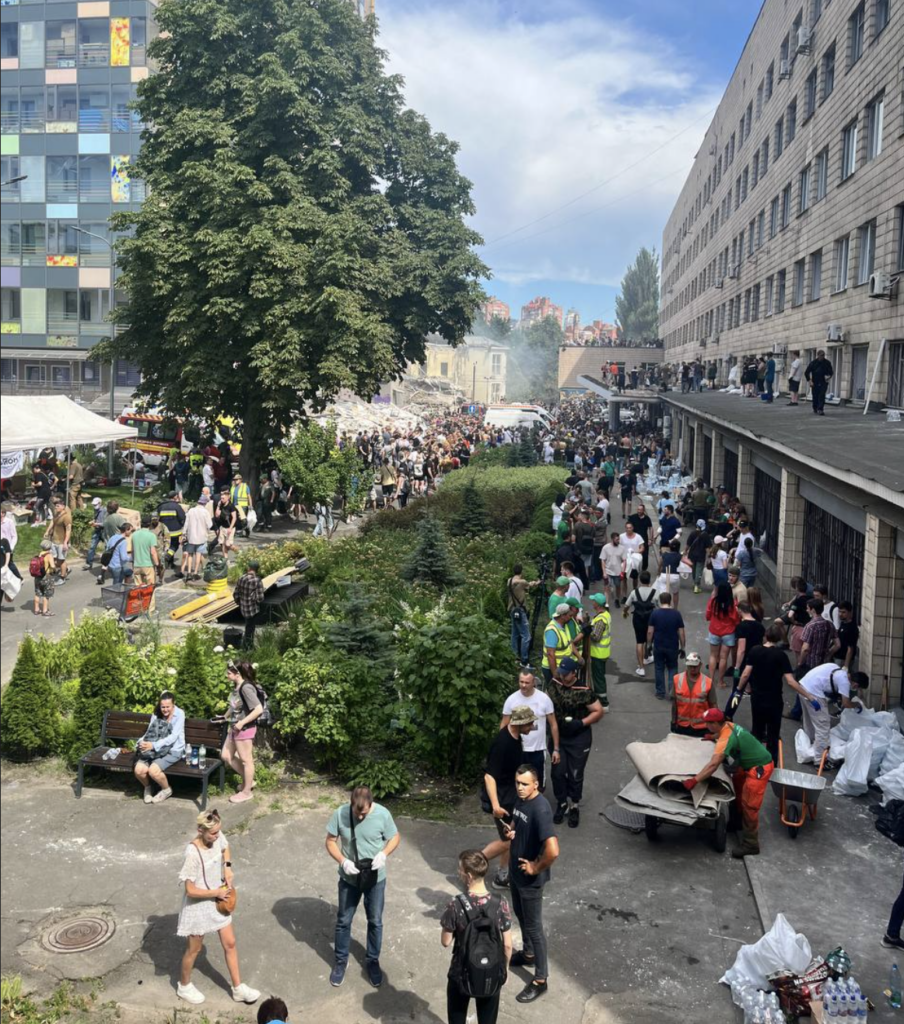
Photos courtesy of Okhmatdyt medical staff.
How You Can Help:
The attack on Okhmatdyt Children’s Hospital has devastated the lives of many innocent victims and shaken the global community. Razom Health is actively on the ground, mobilizing crucial supplies and support for those affected.
You can make a difference today by supporting our dedicated teams as they work tirelessly to aid the victims of the Okhmatdyt tragedy and other healthcare facilities in Ukraine that remain under constant threat of attack.
Donate now to provide immediate relief and assistance to those in need.
